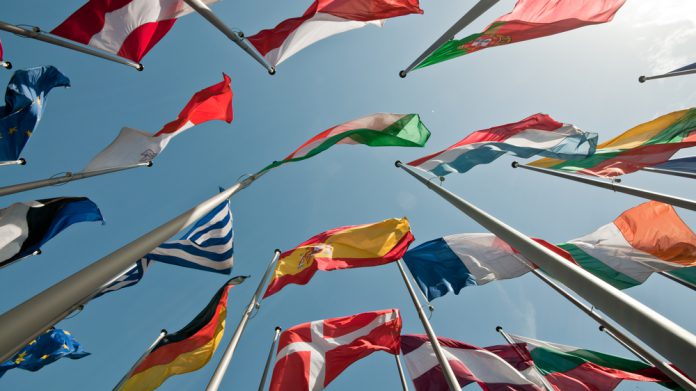The European Gaming and Betting Association has sent a lengthy message to the new European Commission, warning of Europe’s cross-border online betting world that is “hamstrung by a patchwork of national rules”.
In the midst of many headlines regarding the misuse of consumer data, the EGBA is pleading for Brussels to bring countries together and better protect Europe’s citizens in an increasingly online world.
In his message, Maarten Haijer, secretary general of the European Gaming and Betting Association, states: “Much of this is the result of regulations struggling to keep pace with the internet’s rapid, cross-border, and technological development.
“There is no doubt this technological step-change has raised questions about where the rights of consumers, the interests of online businesses, and good regulation can intersect harmoniously. I recognise these challenges.
“The internet revolution has moved my own sector — betting — from traditional side-street bookmaker shops into the computers of millions of customers, just overnight. Today more than 12 million Europeans regularly bet online, conducting nearly one million financial transactions to and from our member companies each day. We are, some would say, ‘a big sector.’
“And with 20 percent of Europe’s betting now online, we know only too well the challenges of reconciling rapid technological change with consumer protection and effective regulation.”
In an era where people can place a bet on websites based in other countries, the EGBA is emphasising the ease of which consumers can become exposed to websites that don’t fully protect their rights or interests.
Pleading for every state to create a national self-exclusion register, Haijer went on to say: “Only 14 EU countries have adopted a national self-exclusion register, and only 13 require ‘no underage betting’ signs on advertisements.
“These are simple measures proposed by the commission, yet they haven’t been introduced in most European countries. Parallel to this, the commission has disbanded a national expert group it facilitated.
“The group, made up of national betting regulators, was considered a great success and a valuable platform for exchanging best practices and information between countries.
“There is now no formal framework for betting regulators to jointly tackle the big issues affecting the sector, many of which are cross-border in nature and require common solutions.”
Concluding: “In online betting there is a need to ensure customers can bet in a safe, fair and responsible way. This means ensuring that people living in one EU country have the same rights and high level of consumer protection as those living in another.
“Greater regulatory cooperation and better enforcement of existing EU initiatives and laws will go some way toward achieving this. Making the single market work better for those citizens who bet online will require even higher standards than those applied to other online sectors.
“But leaving it up to EU countries alone has not worked, so the incoming European commission needs to act.”











